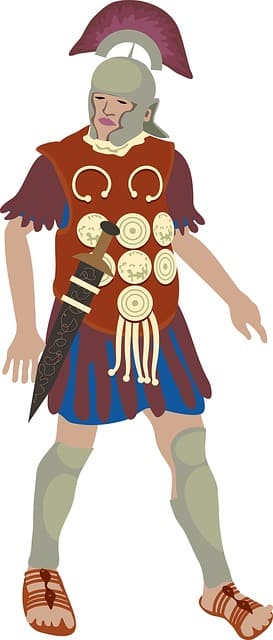
Collusion is a derogatory term to refer to certain alliances.
The notion of collusion , which has its etymological source in Latin ( contubernĭum ), is used to name an agreement or association that is objectionable or unworthy. The term can be applied to illicit agreements, conspiracies or other understandings that deserve repudiation.
For example: “I think Ariel has a collusion with Ramírez” , “The manager was outraged when he discovered a collusion between several of his employees and the directors of the competition” , “I will not tolerate any collusion within this political party” . ” .
Collusion, an alliance
The idea has been used to define various alliances throughout history , always with a pejorative connotation .
Thus we can find references to the collusion of Jews, communists and Freemasons , a supposed association between these groups to control the world. This unlikely alliance is put forward by anti-Semites, anti-communists and groups opposed to Freemasonry .
The term during the Franco regime
The followers of Francisco Franco , on the other hand, baptized the IV Congress of the European Movement that took place in the German city in 1962 as the Munich Contuberance . The qualification attempted to minimize the participation of more than a hundred Spanish politicians who opposed Franco 's regime.
More precisely, this event took place on June 5 and 6, and 118 politicians from Spain participated in the meeting, belonging to almost all the organizations that opposed the Franco regime. Needless to say, the latter was surprised by the news and accused all its participants of being traitors.

In the Roman Empire, a contubernium was a military unit made up of eight soldiers
The context of the Munich Collusion
To provide some context to the situation, we must go back to early April 1962, a particularly difficult spring for the Spanish. At that time, an unprecedented strike of one hundred and fifty thousand mining workers took place; The first well to stop its activity was the Nicolasa de Mieres , and little by little the other mines in Asturias joined in.
The result of this strike , which lasted two months, was an increase in wages and the price of coal, a benefit for businessmen. Not only the Asturian miners rose up, but the strike included other industries in several provinces. Guipúzcoa, Vizcaya and Asturias received the state of emergency decree by the regime on May 4, and just eight days later the national press was forced to minimize the mining conflict through a note, which also highlighted the virtues of the Asturians.
This fact did not go unnoticed by the opponents of Francoism, who could not ignore the repression that took place during the strike that ended in a way that was so far removed from the legitimacy that the workers should pursue. The strength of their plans to overthrow Franco grew day by day, sometimes under the nose of the regime itself, making use of certain privileges inherent to political life.
Around eighty of the anti-Franco militants who participated in the Munich Contubernion were in Spain, while the rest had been exiled, especially Republicans and Socialists . To make the meeting viable, the communists were not admitted.
The concept in the Roman Empire
Beyond this type of use, contubernium or contubernium is also still taken in the proper sense that the Romans gave it. In this case, it should be mentioned that a contubernium was a type of tent or tent in which eight soldiers lived together during their training or campaign. The term also allowed us to name the military unit that these soldiers formed.
The contuberniums, in turn, could be grouped in ten to form a centuria , another unit of the Roman army. Commanding the centuries was the centurion, a high-ranking officer.
